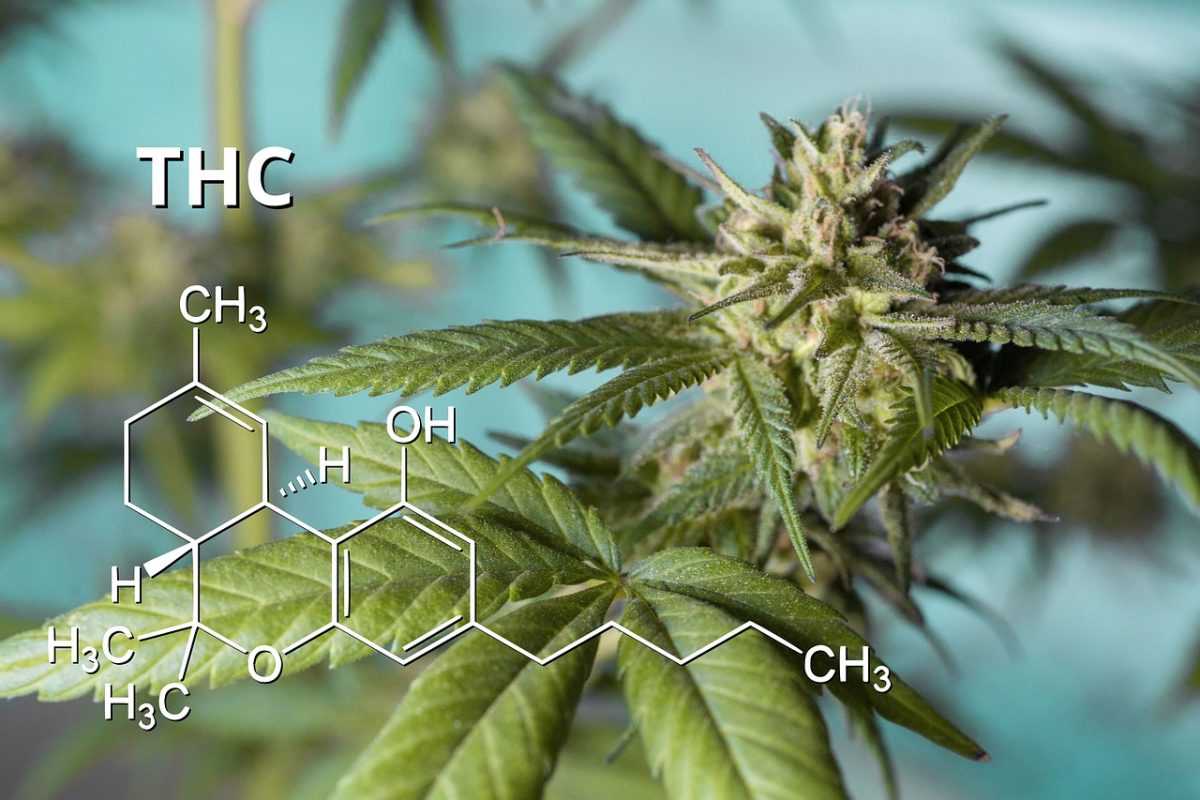Art and History, Cannabis, CBD, mdma
THC Microdosing for Workplace Creativity: Risks and Rewards
In today’s fast-paced professional world, employees are constantly searching for ways to boost focus, innovation, and overall productivity. One trend gaining attention is THC microdosing—the practice of consuming very small, controlled amounts of tetrahydrocannabinol (THC), the psychoactive compound in cannabis, to enhance creativity without experiencing the overwhelming “high” associated with larger doses. While some advocates see it as a tool for unlocking workplace inspiration, experts caution that it comes with risks as well as rewards.
What is THC Microdosing?
Microdosing involves consuming a sub-perceptual dose of THC, often ranging from 1–5 milligrams. Unlike recreational use, the intention isn’t to feel intoxicated but to gently stimulate the brain’s creative and cognitive pathways. Many professionals compare this approach to having a strong cup of coffee—except instead of caffeine, the “kick” comes from THC’s interaction with the body’s endocannabinoid system.
Potential Rewards for Workplace Creativity
- Enhanced Divergent Thinking
THC has been linked to increased divergent thinking, a process that allows individuals to generate multiple solutions to a problem. This can be beneficial in creative industries such as marketing, design, or content creation. - Stress Reduction
A microdose may help reduce workplace anxiety, creating a calmer mental environment for brainstorming sessions or tackling complex projects. - Flow State Support
Some professionals report that small doses of THC help them enter a “flow state,” where productivity and focus come naturally. - Alternative to Stimulants
Instead of relying on high doses of caffeine or energy drinks, microdosing THC may provide a more balanced boost with fewer jitters.
Risks and Considerations
While THC microdosing shows promise, it’s not without drawbacks:
- Impaired Cognitive Function: Even small amounts can cause short-term memory issues or difficulty concentrating in some individuals.
- Legal and Workplace Policies: Cannabis remains restricted in many industries, and testing positive for THC could put careers at risk.
- Tolerance Buildup: Regular microdosing may reduce sensitivity, leading to the need for higher doses over time.
- Individual Variability: What works as a “microdose” for one person might feel too strong for another.
Comparing THC to Other Substances
Some professionals also experiment with alternatives like MDA edibles or MDMA edibles, which are discussed in wellness and psychedelic circles for their mood-boosting and empathogenic effects. However, unlike THC, both MDA and MDMA are controlled substances with significantly higher legal and health risks. While THC microdosing is increasingly studied and accepted in certain wellness communities, MDA and MDMA consumption—whether in edible or other forms—remains illegal in most countries and is not suitable for workplace use.
Final Thoughts
THC microdosing for workplace creativity remains an experimental approach that offers intriguing possibilities. It may help some professionals unlock new ideas, reduce stress, and enter productive mental states. However, it also comes with risks related to legality, tolerance, and cognitive impairment. For individuals considering this path, it’s essential to weigh the potential rewards against the possible downsides—and to always respect workplace policies and local cannabis laws.
In comparison, while substances like MDA edibles or MDMA edibles might surface in conversations about creativity or mood, they carry far greater risks and are not viable or safe alternatives for professional environments.

